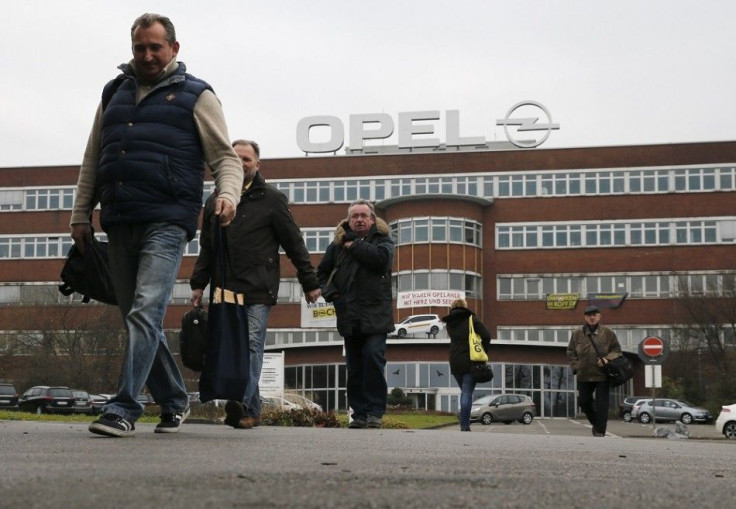Australian Stock Market Report – Morning December 8, 2014

* In US economic data, non-farm payrolls (employment) rose by 321,000 in November, well above forecasts of job gains of 230,000 and the strongest increase in jobs in almost three years. The jobless rate was unchanged at 5.8% and hourly earnings rose by 0.4% in the month, above forecasts for a 0.2% gain. The trade deficit narrowed from a revised US$43.6 billion deficit to US$43.4bn deficit in October.
* European shares rose on Friday with investors encouraged by the strength of the US economy. The FTSEurofirst 300 index was up by 1.8% and the German Dax gained 2.4% to record highs. In London trade, the FTSE rose by 1.0% but shares in BHP Billiton fell by 1.7% while Rio Tinto lost 1.2%.
* US sharemarkets rose on Friday with the Dow Jones and S&P 500 at record highs in response to better-than-expected employment data. Financials led the way, but weaker commodity prices weighed on metal and oil stocks. At the close of trade, the Dow Jones was up by almost 59 points or 0.3%, the S&P 500 index rose by 0.2% while the Nasdaq lifted 11.3 points or 0.2%. For the week, the Dow rose by 0.7% and the S&P rose by 0.4% but the Nasdaq fell by 0.2%.
* US treasuries fell sharply on Friday (yields higher) after strong jobs figures suggested rate hikes may occur sooner than previously expected. US 2 year yields rose by 10 points to 0.643% while US 10 year yields rose by 7 points to 2.307%. Over the week US 2 year yields rose by 14 points while US 10 year yields rose by 7 points.
* Major currencies fell against the greenback in European and US trade on Friday with the US dollar index at the highest levels since March 2009. The Euro eased from highs near US$1.2385 to around US$1.2275 and was at US$1.2285 in late US trade. The Aussie dollar fell from highs near US83.80c to around US83.10c and was around US83.25c in late US trade. The Aussie is at US82.90c today. And the Japanese yen weakened from 120.00 yen per US dollar to JPY121.69 and was near JPY121.41 in late US trade.
* World oil prices fell on Friday in response a stronger US dollar. A firmer greenback makes dollar-denominated commodities more expensive for buyers in Europe and Asia. Brent crude fell by US57c or 0.8% to US$69.07 a barrel. US Nymex crude price fell by US97c or 1.5% to US$65.84 a barrel. Over the week Brent crude fell by
US$1.08 or 1.5% while Nymex eased by US31c or 0.5%.
* Base metal prices fell by up to 1.9% on the London Metal Exchange on Friday with nickel leading the declines while lead and zinc fell only 0.1%. But over the week nickel rose by 3.1% while
aluminium lost 2.6% and tin fell 0.4%. Gold fell on Friday in response to a stronger greenback with Comex gold futures down by US$17.30 an ounce or 1.4% to US$1,190.40 per ounce. Over the week gold rose by US$15.20 or 1.3%. Iron ore fell by US20c to US$70.90 a tonne on Friday and was up US$1.10 over the week.
Ahead: In Australia no major economic data is scheduled. In China, trade data is issued. In the US, the employment trends report is released.
[Kick off your trading day with our newsletter]
More from IBT Markets:
Follow us on Facebook
Follow us on Twitter
Subscribe to get this delivered to your inbox daily






